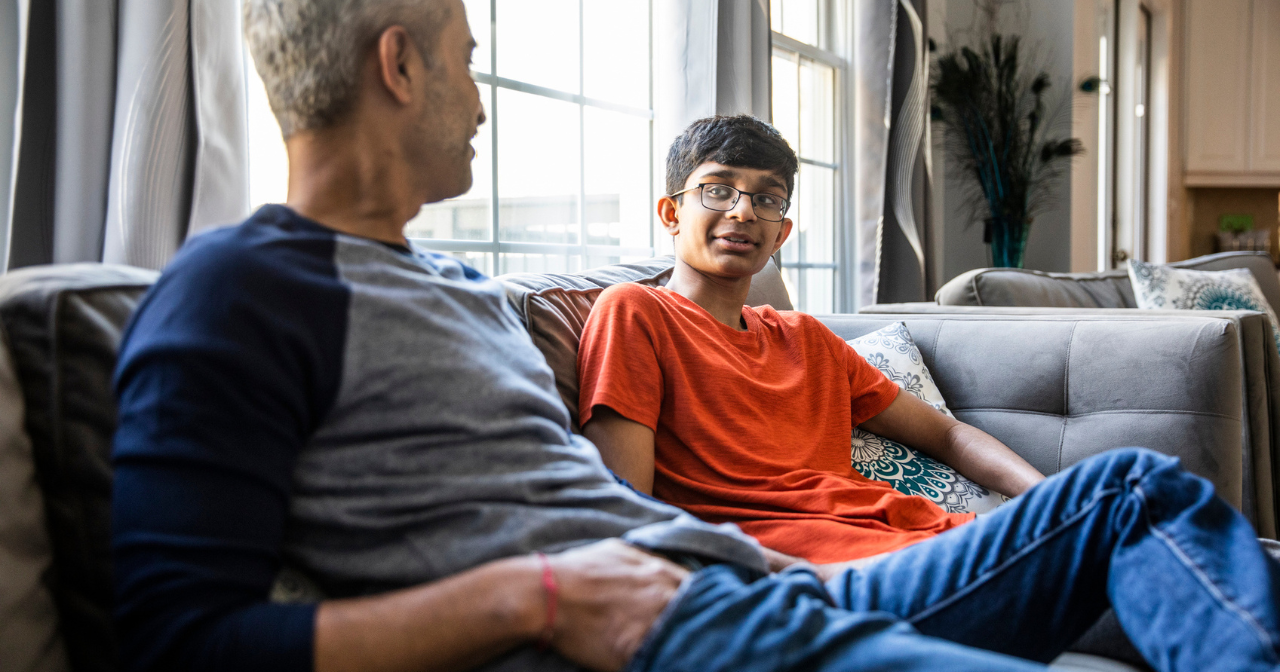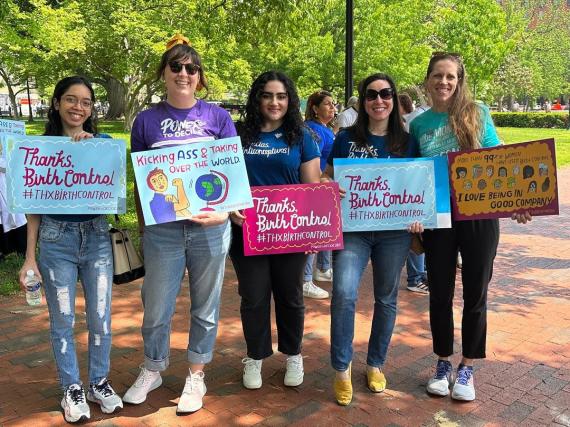FRIES & Consent
One of the most important conversations a parent or champion can have with young people in their life is about consent. But it can be intimidating to start talking about such a major topic without a roadmap or resource. Read on for advice on how to talk about consent with simple points you can use in your own conversations.
Consent IS:
- Freely given.
- Reversible.
- Informed.
- Enthusiastic.
- Specific.
Freely given consent means it's given without coercion, manipulation, or influence from substances like drugs or alcohol. Moreover, individuals have the right to change their minds at any point—consent is reversible. Even if consent was initially granted, either party can withdraw it if they no longer wish to proceed, for any reason, such as a change in preferences or mood.
Informed consent means knowing precisely what you're agreeing to. For example, if one partner wants to change something or try something different, they should check in to make sure the other has the necessary knowledge to continue consenting. It's crucial to only engage in activities you genuinely desire, rather than feeling obligated to do so. Remember, a hesitant "I guess so" doesn't constitute consent; only an enthusiastic "yes" does.
Lastly, consent is specific, meaning agreeing to one activity, like kissing, doesn’t imply consent for another, like sex.
Consent is NOT:
- Coerced or pressured.
- Silence.
- Possible when someone is under the influence or unconscious.
- Automatically applied to any future interactions.
- Assumed based on someone’s clothing or appearance.
A solid piece of advice you can give to every young person you know is, “Remember, you have the power to decide what happens with your body!”
Any sexual encounter lacking freely given consent constitutes assault. When talking to young people about consent it's crucial to touch on assault, even though it may feel uncomfortable for everyone. LoveIsRespect.org is a wonderful resource for more information on what to do if you or your young person sees something in a relationship that isn't right. Understanding consent is crucial because it empowers young people and helps prevent sexual violence.



